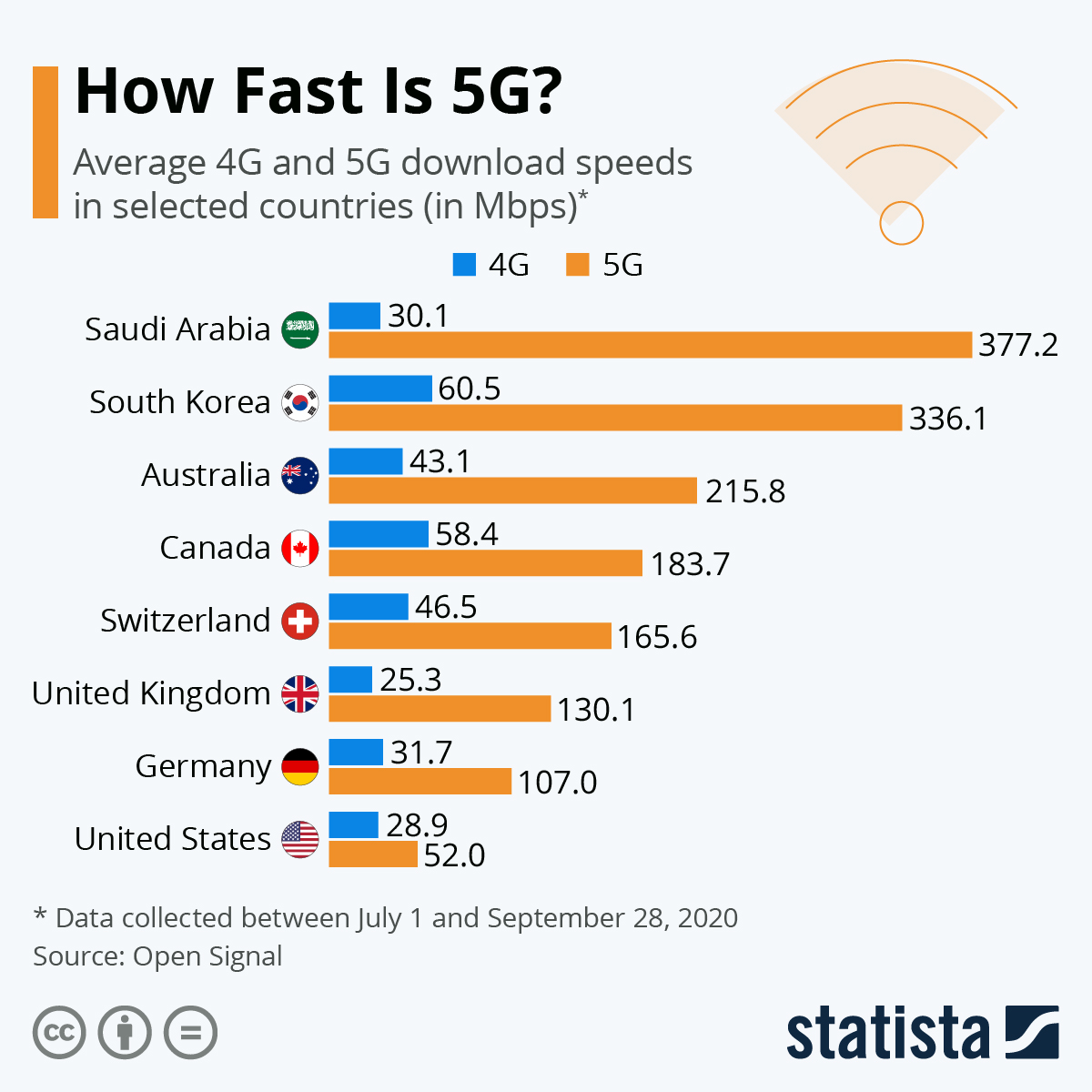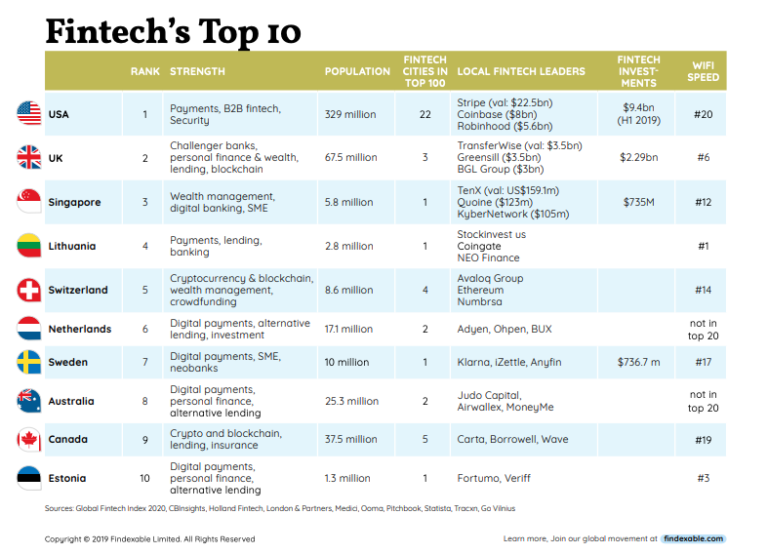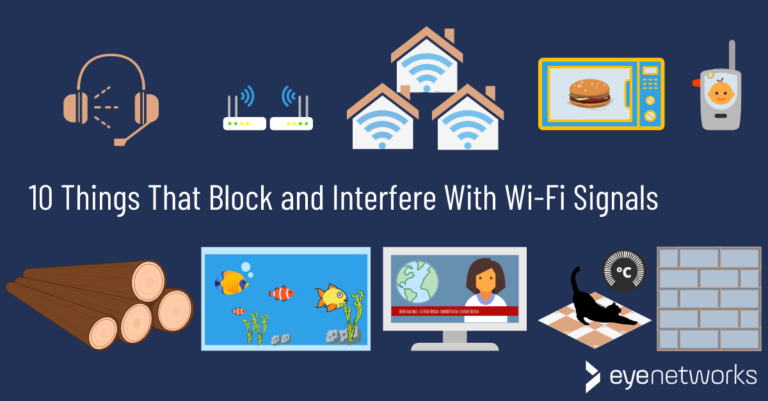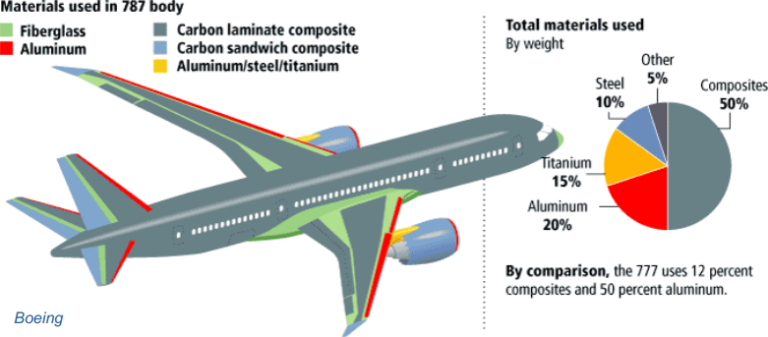How Fast Is 5G Internet?
5G is the fifth generation of mobile communication technology, and it is the fastest internet technology currently available. With 5G, internet users can expect to experience download speeds that are up to 100 times faster than the current 4G standard. This means that users will be able to stream higher-quality video, play games with minimal lag, and download large files in a matter of seconds. 5G is also more reliable than 4G, providing a more consistent connection even in areas with high levels of traffic. Furthermore, 5G is more energy efficient, allowing you to connect to the internet for longer without draining your battery.
What is 5G Internet?
5G is the next generation of wireless technology, offering faster speeds, greater capacity, and lower latency than the previous 4G LTE networks. It is expected to revolutionize the way we use and access the internet by providing download speeds up to 20 times faster than the current 4G LTE speeds. 5G technology is based on a new radio interface and advanced antenna technologies that enable mobile devices to transmit and receive data more quickly and efficiently. It also has the potential to provide more reliable connections and cover a greater geographical area, making it a great choice for those living in rural areas or in places with poor coverage. 5G networks are being rolled out across the world, with many countries already seeing the benefit of this next-generation technology. 5G is the future of wireless technology and promises to bring faster speeds, greater reliability, and more efficient data transmission.
What are the Benefits of 5G Internet?
As technology advances, so do the ways in which we access the internet. The 5G network is the latest and greatest evolution of mobile internet, offering users faster speeds and greater bandwidth than ever before. But what are the benefits of 5G internet?
For starters, 5G networks are considerably faster than 4G networks. The average speeds of a 5G connection are estimated to be around 20 times faster than the average 4G connection. This means that users can enjoy faster downloads, smoother streaming, and more reliable connections. Additionally, 5G networks are able to support more devices than 4G networks, making them a great choice for those with multiple devices.
Another benefit of 5G networks is that they are able to offer more reliable coverage than 4G networks. This is due to the use of high-frequency radio waves that can better penetrate walls, buildings, and other obstacles. This makes 5G networks particularly useful in densely populated areas.
The faster speeds and improved coverage of 5G networks also open up exciting new possibilities. For example, 5G networks can be used to support the development of self-driving cars, smart cities, augmented reality, and even virtual reality.
Ultimately, 5G networks offer many advantages, including faster speeds, improved coverage, and exciting new opportunities. Those looking to get the most out of their internet connection should consider upgrading to 5G.
How Fast Is 5G Internet Compared to Existing Networks?
As we move into the future, 5G networks are becoming increasingly available across the globe. It is already being used to connect devices and networks in order to provide higher speeds and better overall performance than ever before. But how does 5G compare to the existing networks? How fast is 5G internet compared to what we have now?
To answer this question, let’s take a look at the current 4G networks which are still widely used across the world. 4G networks tend to be capable of up to 100 Mbit/s, but the actual speed that you get depends on the number of users on the same network, the signal strength, and other factors. This means that 4G can be quite slow in areas with a lot of traffic or in rural areas with weaker signals.
On the other hand, 5G networks are capable of up to 10 Gbit/s, which is a massive improvement over 4G. This speed is achieved with minimal latency, meaning that the response time between your device and the network is much faster than with 4G. This makes 5G ideal for applications that require quick response times, such as streaming video, gaming, and real-time communication.
In terms of speed, 5G internet is significantly faster than 4G. It is also more reliable and has lower latency, making it the perfect choice for applications that require fast response times. For those looking for the best internet experience, 5G is the way to go.
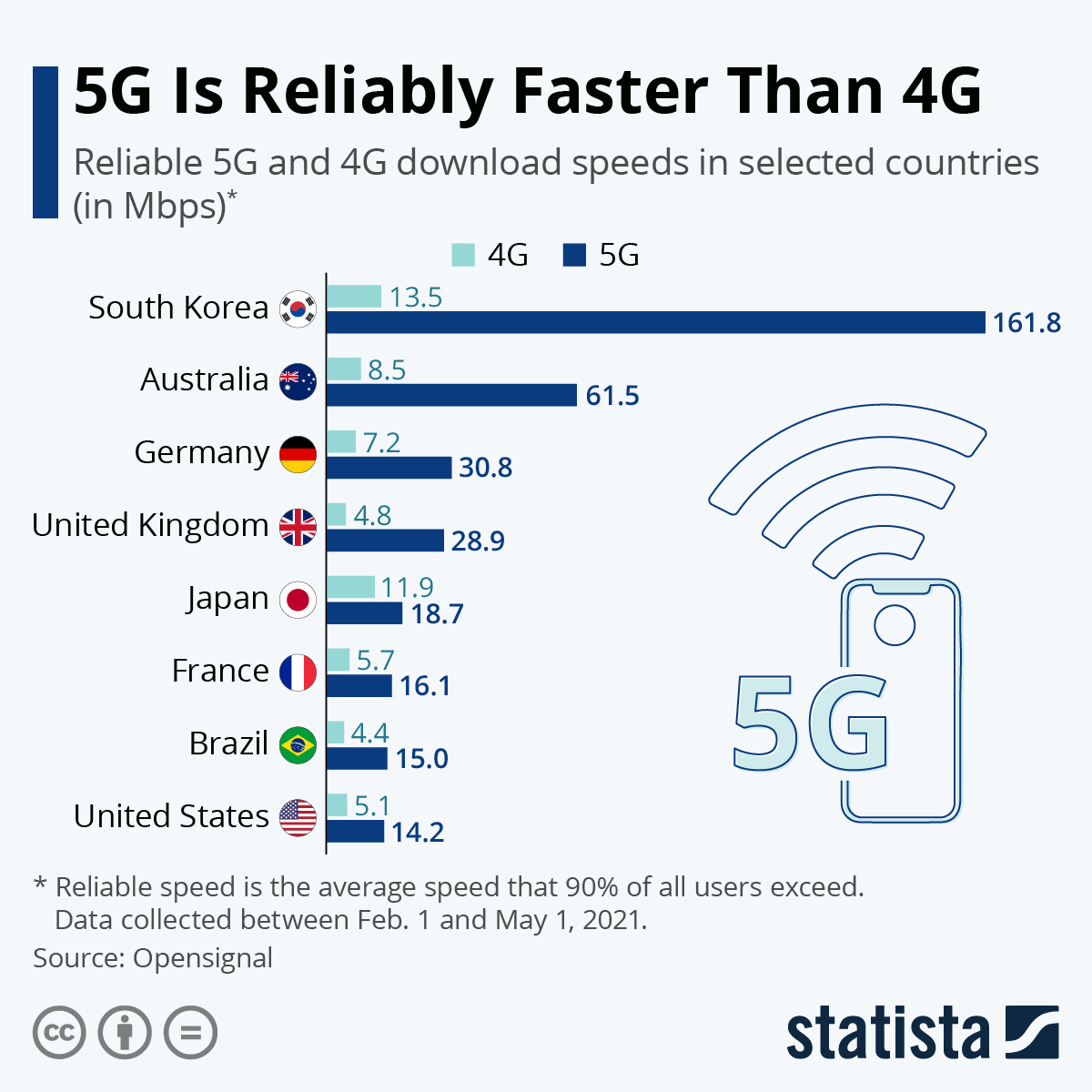
What Impact Will 5G Internet Have?
The fifth-generation of wireless technology, 5G, is set to revolutionize internet access and speed. With download speeds up to 20 times faster than 4G, 5G will be a game changer for households and businesses alike. But what impact will this technology have on our lives and the way we use the internet?
5G will bring with it faster download and upload speeds, as well as reduced latency and improved reliability. This will allow for bigger and better streaming services, faster online gaming, and more efficient telecommuting. It will also enable more advanced applications such as AR and VR, self-driving cars, and new healthcare technologies. 5G will be a driving force for digital transformation, giving businesses the opportunity to innovate and create new products and services.
The introduction of 5G will also create new opportunities for businesses to expand their customer base. Companies will be able to reach more customers in remote areas and offer more personalized services. Additionally, 5G will facilitate the development of the Internet of Things, allowing for connected devices to communicate with each other and create more efficient and automated processes.
Overall, 5G has the potential to revolutionize the way we access and use the internet. It will create new opportunities and possibilities for both businesses and consumers, providing faster, more reliable internet access and enabling advanced applications and services. The possibilities are endless.
What Do You Need to Access 5G Internet?
As 5G technology continues to revolutionize our lives, it’s important to understand its capabilities and what you need to access it. 5G internet is significantly faster than its predecessors, 4G and 3G, offering speeds up to 20 times higher. While the exact speed of 5G will depend on the area you are in, it is generally accepted to be much faster than the current 4G standard.
In order to access 5G internet, you will need a device that supports 5G technology. This technology is currently available on many newer models of smartphones, tablets, and other devices. Additionally, you’ll need to have access to a 5G network in your area. This network is usually provided by your cellular service provider. Lastly, you’ll want to make sure you have a subscription to a 5G data plan, as most cellular companies have separate plans for 4G and 5G data.
All of this may seem daunting, but the benefits of 5G technology far outweigh the challenges associated with accessing it. With 5G, you can expect faster speeds, greater stability, and more reliable connections. With all these benefits, it’s no surprise that 5G is quickly becoming the go-to choice for internet access.
What Are the Limitations of 5G Internet?
As revolutionary as 5G technology is, it is not without its limitations. As the fifth generation of cellular network technology, 5G promises to revolutionize the way we use the internet by providing high-speed, low-latency connections. But just how fast is 5G internet and what are the limitations of the technology?
The speed that 5G internet offers is incredibly impressive, with estimates ranging from 1 Gbps to 10 Gbps for download speeds and from 500 Mbps to 5 Gbps for upload speeds. This is significantly faster than the maximum speeds offered by 4G, which is around 500 Mbps. However, the speed of 5G internet depends on a number of factors, including the number of users in the area, the type of network, the devices being used, and the distance from the 5G cell tower.
Despite its impressive speeds, 5G has its limitations. For instance, 5G internet is only available in limited areas due to the need to install expensive 5G cell towers. In addition, 5G technology is still relatively new and lacks widespread compatibility. Furthermore, 5G signals are more susceptible to interference from physical obstacles such as buildings, trees, and hills. As a result, users may experience slower connection speeds or even signal drops in certain areas. Finally, 5G technology is not yet capable of providing the same level of coverage as 4G, so users may experience spotty coverage in some areas.
Overall, 5G internet is an impressive technology that promises to revolutionize the way we use the internet. However, it is important to be aware of the limitations of the technology in order to get the most out of it. By understanding these limitations, users can ensure that they can get optimal performance from their 5G connection.
FAQs About the How Fast Is 5G Internet?
1. What is the average speed of 5G Internet?
Answer: The average speed of 5G Internet is currently around 100 Mbps, but some providers offer speeds up to 1 Gbps.
2. Is 5G Internet available in my area?
Answer: Availability of 5G Internet varies depending on your location and network provider. Check with your provider to see if 5G Internet is available in your area.
3. Can I get 5G Internet without a new contract?
Answer: It depends on your network provider. Some providers may offer 5G Internet as an add-on to your existing contract, while others may require you to sign a new contract. Check with your network provider for more information.
Conclusion
5G internet has the potential to revolutionize the way people access the internet. It is much faster than current 4G technology, offering download speeds up to 100 times faster. 5G will enable a wide range of new applications, from augmented reality to autonomous vehicles. As 5G technology continues to develop and expand, it is sure to have a profound impact on the way we use the internet, both now and in the future.
